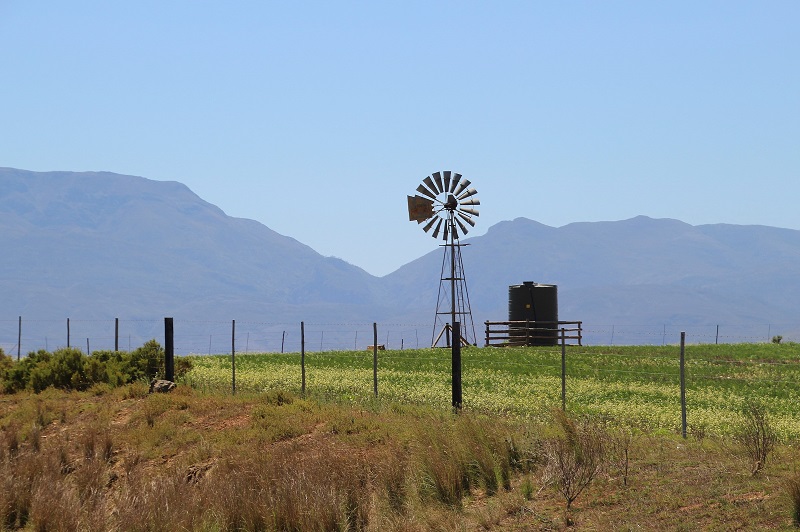The Never-Ending Battle Against Modern Agriculture
In the world of comic books, the character of Superman often refers to the fight to save the world as “the never-ending battle.” And it’s increasingly clear that modern agriculture could also adopt this phrase without too much difficulty — at least based upon the seemingly constant barrage of attacks against it.
For years now, modern agricultural opponents have decried the use of biotech crops, spreading fear and misinformation against their use. This is the case despite the fact that numerous scientific studies over the past two decades have deemed biotech crops safe for humans.
Last summer, crop nutrients came under attack as algae booms in Lake Erie affected the drinking water for thousands of consumers in Ohio. Since then, many agricultural opponents are calling for dozens of new regulations against fertilizer usage in crop fields.
Lastly, crop protection products have come under fire. A few months back, the United Nations World Health Organization’s International Agency for Research on Cancer (IARC) published a report that listed the world’s most popular herbicide glyphosate as a “probably carcinogen.” Once this happened, activists against the use of glyphosate called on EPA to consider immediately pulling it from the market, even as several in the scientific community rushed to defend glyphosate’s continued use.
At presstime, it looked as if IARC was ready to strike another blow against more popular crop protection products, this time labeling both 2,4-D and dicamba as “probable carcinogens.” In anticipation of this move, American Soybean Association Chairman Ray Gaesser and National Corn Growers Association President Chip Bowling released a statement on the finding.
“While IARC may be fulfilling its narrow charge, its findings are easily misrepresented and misunderstood,” wrote Gaesser and Bowling. “IARC creates confusion and unnecessary fear amongst the public by using narrowly-focused data removed from real world situations. Government regulatory agencies charged with protection of public health in more than 100 countries have evaluated the science and concluded that 2,4-D and glyphosate do not increase health risks when used as directed. In fact, no government in the world considers them carcinogens.”
Of course, this never-ending battle against modern agriculture threatens to undermine the industry’s ability to produce enough food, feed, fuel and fiber for a projected world population of nine billion by the middle of this century. Gaesser and Bowling pointed this fact out in their statement: “Like anyone who creates something, farmers need tools to produce a safe and healthy crop.”
Obviously, these tools need to be safe. But if virtually every other organization in the world has declared their safety, why does the debate continue? That is the never-ending question.






